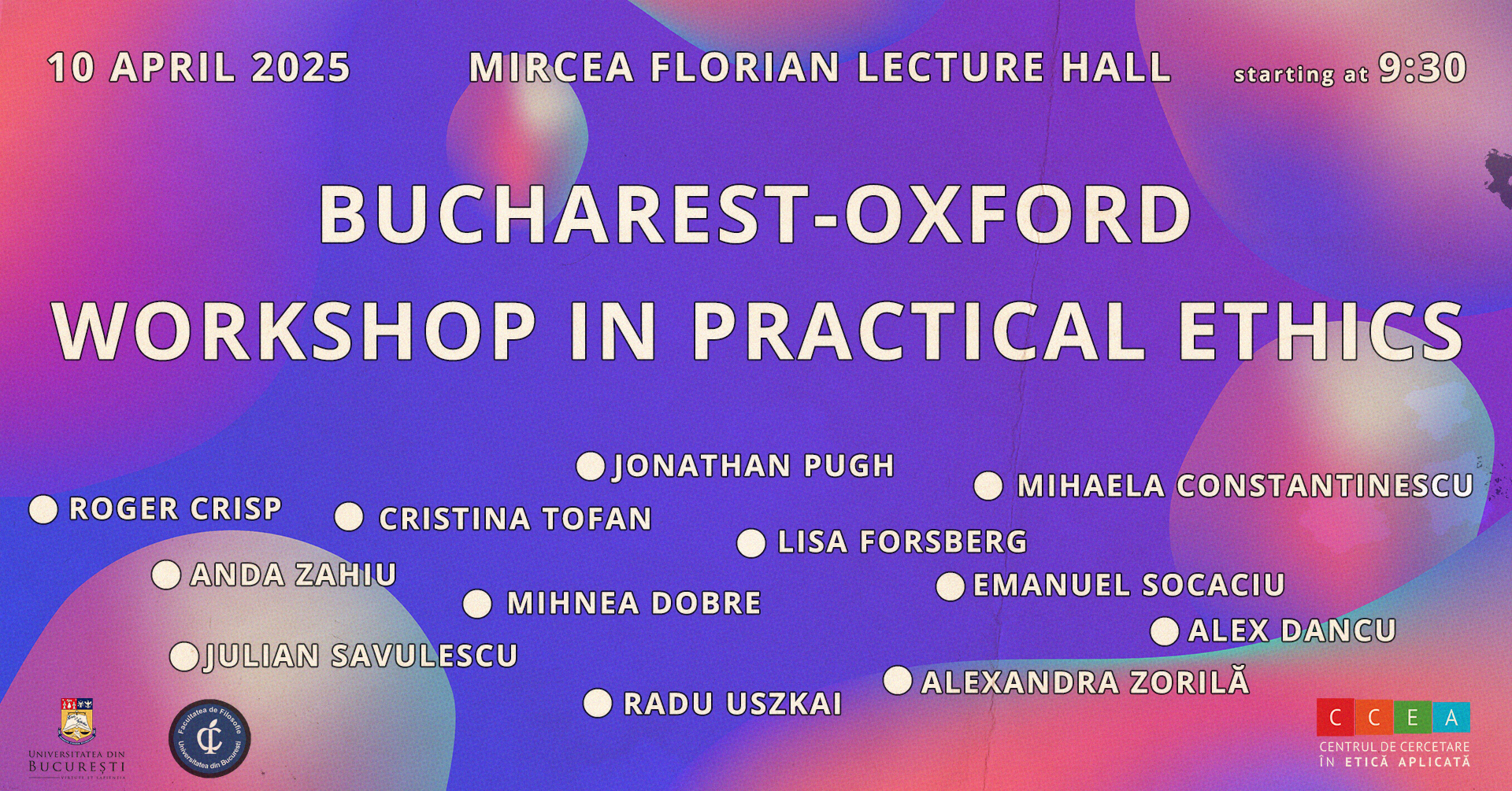Membrul Centrului de Cercetare în Etică Aplicată, Mihaela Constantinescu, a publicat împreună cu Muel Kaptein, în Corporate Social Responsibility and Governance, articolul: CSR Standards and Corporate Ethical Virtues: A Normative Inquiry into the Way Corporations Integrate Stakeholder Expectations.
Abstract
With the growing concern of both corporations and their stakeholders towards social responsibility reporting, CSR standards and guidelines have become a common point of reference for practitioners, regulating bodies and scholars alike. However, research in the business ethics field seems to have given less attention to the way ethical concepts and models relate to such CSR standards.
The paper evaluates the principles of three most prominent CSR standards and guidelines – Global Reporting Initiative, United Nations Global Compact, and ISO26000 – through the lens of the Corporate Ethical Virtues Model (Kaptein M, Ethics management: Auditing and developing the ethical content of organizations. Springer, Dordrecht, 1998; Kaptein M, Eur Manag J 17:625–634, 1999; Kaptein M, J Org Behav 29(7):923–947, 2008; Kaptein M, Hum Relat 64(6):843–869, 2011). Namely, it inquires how the principles and reporting criteria pertaining to these CSR standards help corporations embed seven ethical virtues which represent organizational conditions for ethical conduct: clarity, consistency, achievability, supportability, visibility, discussability and sanctionability. The paper concludes that cross-reporting using multiple standards is the key for corporations to achieve the organisational virtues advanced by the Corporate Ethical Virtues Model and in this way to effectively integrate stakeholder expectations within the corporate framework.







